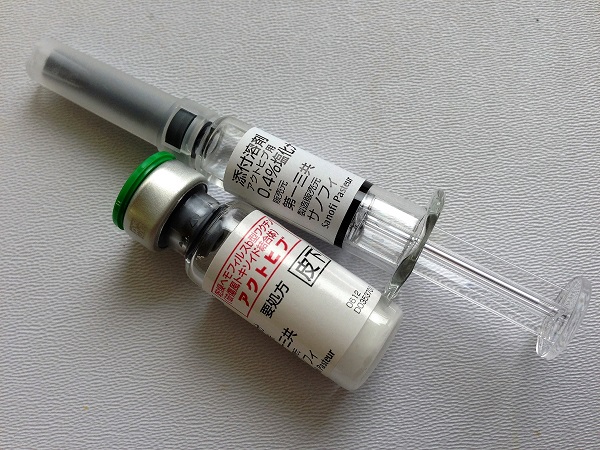Measles cases soar worldwide
March 2, 2019 | Expert Insights

Just 10 countries were responsible for three-quarters of a global surge in measles cases last year, the UN children's agency reported, including one of the world's richest nations, France.
Background
Measles is a highly contagious infectious disease caused by the measles virus. Symptoms usually develop 10–12 days after exposure to an infected person and last 7–10 days. Initial symptoms typically include fever, often greater than 40 °C (104.0 °F), cough, runny nose, and inflamed eyes.
Measles is an airborne disease which spreads easily through the coughs and sneezes of infected people. It may also be spread through contact with saliva or nasal secretions. Nine out of ten people who are not immune and share living space with an infected person will be infected.
The measles vaccine is effective at preventing the disease and is often delivered in combination with other vaccines. Vaccination resulted in a 75% decrease in deaths from measles between 2000 and 2013, with about 85% of children worldwide being currently vaccinated. Measles affects about 20 million people a year, primarily in the developing areas of Africa and Asia. It is one of the leading vaccine-preventable disease causes of death.
Vaccine hesitancy is a reluctance or refusal to be vaccinated or to have one's children vaccinated. It has been identified by the World Health Organization as one of the top ten global health threats of 2019. Despite overwhelming scientific consensus that vaccines are safe and effective, unsubstantiated scares regarding their safety still occur, resulting in outbreaks and deaths from vaccine-preventable diseases like measles.
Analysis
Ninety-eight countries reported more cases of measles in 2018 compared with 2017, and the world body warned that conflict, complacency and the growing anti-vaccine movement threatened to undo decades of work to tame the disease.
"This is a wakeup call. We have a safe, effective and inexpensive vaccine against a highly contagious disease - a vaccine that saved almost a million lives every year over the last two decades," said Henrietta Fore, executive director of Unicef.
"These cases haven't happened overnight. Just as the serious outbreaks we are seeing today took hold in 2018, lack of action today will have disastrous consequences for children tomorrow."
Measles is more contagious than tuberculosis or Ebola, yet it is eminently preventable with a vaccine that costs pennies. However, the World Health Organisation last year said cases worldwide had soared nearly 50 per cent in 2018, killing around 136,000 people.
Ukraine, the Philippines and Brazil saw the largest year-on-year increases in cases. In Ukraine alone, there were 35,120 cases - nearly 30,000 more than in 2017. Brazil saw 10,262 reported cases after having none at all the year before.
While most of the countries that experienced large spikes in cases are experiencing unrest or conflict, France saw its caseload jump by 2,269. The resurgence of the disease in some countries has been linked to medically baseless claims linking the measles vaccine to autism, which have been spread in part on social media by members of the so-called "anti-vax" movement.
Parties opposed to the use of vaccines frequently refer to data obtained from the US Vaccine Adverse Event Reporting System (VAERS). This is a database of reports of issues associated with vaccines. When used appropriately VAERS is a useful tool for investigation, but since anyone can make a claim and have it entered into the VAERS, by itself it is not a reliable source of information. Dubious claims about vaccines against hepatitis B, HPV and other diseases have been propagated based on misuse of data from VAERS.
The WHO last month listed "vaccine hesitancy" among the top 10 most pressing global health threats for 2019. "Almost all of these cases are preventable and yet children are getting infected even in places where there is simply no excuse," Fore said.
"Measles may be the disease, but all too often the real infection is misinformation, mistrust and complacency." Other nations included on UNICEF's top 10 list of cases increases were Yemen, Venezuela, Serbia, Madagascar, Sudan and Thailand.
Assessment
Our assessment is that the spread of misinformation regarding the “dangers” of vaccinations pose a big threat to global health. We believe that measles should not be pervasive in a developed country like France. We feel that the spread of the “anti-vaccination” movement is to blame for any potential measles outbreak in Europe.
Image Courtesy: melvil (https://commons.wikimedia.org/wiki/File:Act-HIb.jpg), https://creativecommons.org/licenses/by-sa/4.0/legalcode








Comments